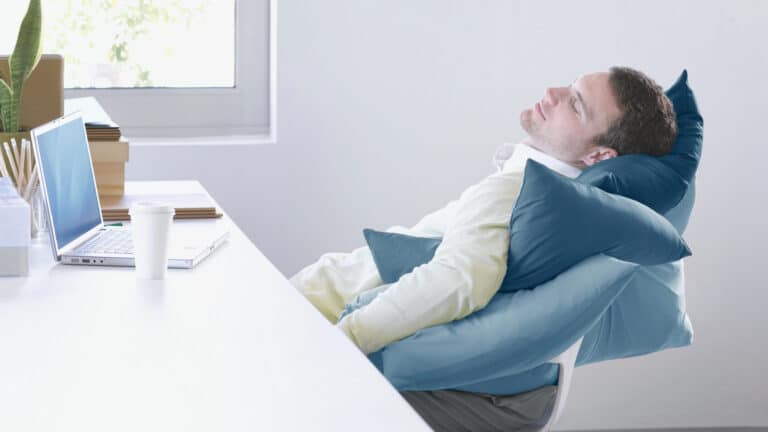Adults need to sleep an average of seven to eight hours per night. Nightshift workers such as nurses often manage to sleep fewer hours than recommended. Nurses play a critical role in patient care. They spend a lot of time with patients and they are the first point of contact for their families. A lot of the time nurses have to deliver care when they are fatigued, overworked and sleep-deprived which might put them and their patients at risk. Poor sleep habits can affect anyone’s wellbeing, in all aspects of life. The long-term effects of sleep deprivation are real, some of them are:
- Memory changes. During sleep, your brain recovers and forms connections to help you remember new information and this is why we often struggle with concentration and focus after a sleepless night.
- Weight gain. You are more likely to overeat or indulge when you feel tired and sleep-deprived.
- Weakened immune system. During sleep, our body releases proteins called cytokines, some of which help promote sleep. Certain cytokines need to increase when you have an infection or inflammation, or when you’re under stress. Sleep deprivation may decrease the production of these protective cytokines and throw your system out of whack.
- Mood changes. It’s quite common to feel moody, emotional or short-tempered when we don’t get enough sleep. Chronic sleep deprivation can lead to depression and anxiety over time.
- Risk for diabetes. A lack of sleep can cause your hormones to fluctuate, and it can affect your body’s release of insulin (sugar-lowering hormone), overtime that can lead to higher blood pressure and increase the risk for type 2 diabetes.
- Risk of heart disease. It is very much linked to the above, having a higher blood pressure can increase the risk of stroke or heart disease.
- Low sex drive. Lack of sleep in men can make testosterone levels drop.
Sleep is critical for the brain to function. A tired person is much more likely to make mistakes and have slower reflexes and even higher levels of stress. Shift workers have 60% increased chance of falling asleep at work compared to people who work during the day, which unavoidably leads to reduced productivity and increased risk of accidents at work or on the commute home. Napping between shifts can really improve memory, lower blood pressure and can help improve mood and alleviate stress. Even if you spend 20 minutes lying down with your eyes closed, you can effectively lower blood pressure and relieve additional stress. It’s important that we change the way night shifts are managed to reduce the effect of fatigue, enough time should be allowed in between shifts for recovery and proper rest. Nurses and night shift workers must get a power nap so everyone remains safe and vigilant.






